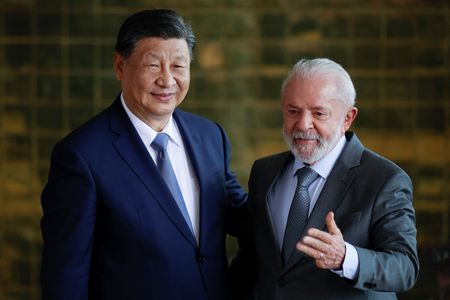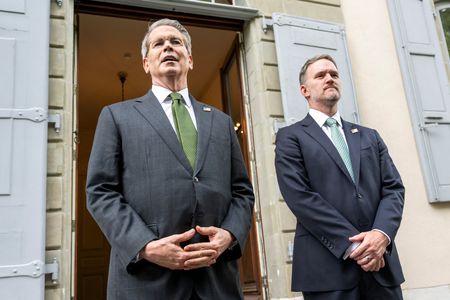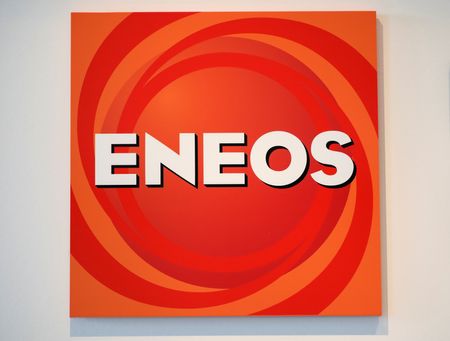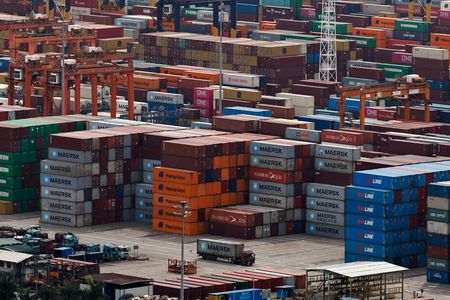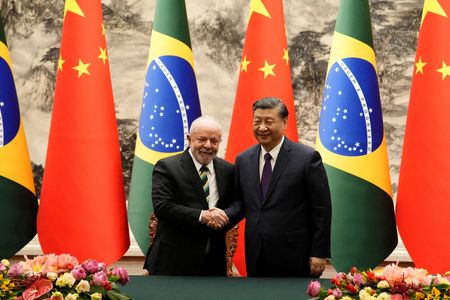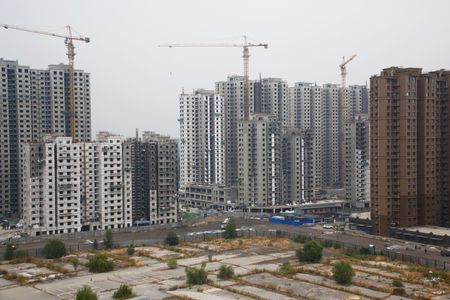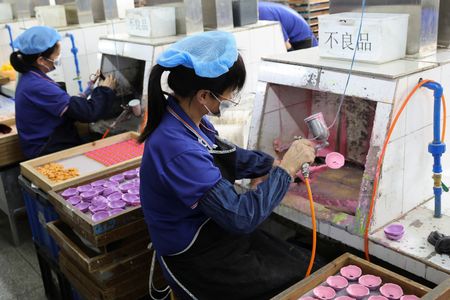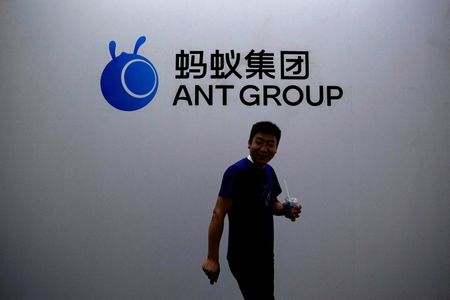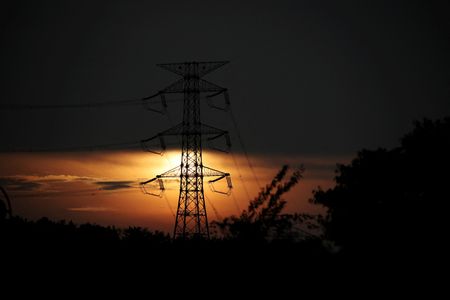By Lisandra Paraguassu
BRASILIA (Reuters) – Brazil’s President Luiz Inacio Lula da Silva heads to Beijing this week to meet his counterpart Xi Jinping, seeking to tighten relations between the two nations while leveraging U.S. President Donald Trump’s unpredictable trade policies to boost exports of grains, metals and meat to China.
Lula’s visit is expected to yield over a dozen deals and new investment announcements from grains to railways, said officials for the South American commodities giant. Brasilia hopes it can supply some goods the U.S. currently sends to China, which have become costlier following Beijing’s tariffs in response to steep tariffs imposed by Trump.
“It opens an opportunity, as the exports from the United States become unfeasible at this moment due to 145% tariffs,” Luis Rua, who oversees foreign trade for Brazil’s Ministry of Agriculture, told Reuters.
He said Brazil aimed to export more sorghum, pork and chicken to China, seizing market share. The U.S., he added, sends some 45% of the sorghum China imports, some 30% of the chicken and 16% of the pork.
The four-day visit will be Lula’s third face-to-face with Xi since the Brazilian president took office in 2023. Other leaders, including Chile’s President Gabriel Boric and Colombia’s Gustavo Petro, have also been visiting Beijing for meetings between Chinese officials and the Community of Latin American and Caribbean States, CELAC.
The Lula-Xi summit follows the elevation of the two nations’ diplomatic relations during a meeting last November in Brazil, where the leaders inked over 40 agreements on myriad sectors, including infrastructure, energy and agribusiness.
Brazil’s minister of Transportation, Renan Filho, said in an interview with Reuters that Chinese investors were interested in several railway projects in Brazil, including ones to connect farm and mining regions to ports such as Barcarena, Açu and the recently opened Chinese-operated port in Chancay, Peru.
“We will sign all projects that have road and rail synergy with the potential to increase exports to China, especially agriculture, but also other things, such as mining,” he said.
While the minister conceded that the plans had been presented to Chinese investors a few times over the years, he believes that the two countries’ relationship is now mature enough for projects to move forward.
That’s partly, he added, because the two countries reached a firmer agreement last year about the nature of their relationship, after years in which Chinese diplomats fruitlessly attempted to convince Brazil to join the Belt and Road Initiative, China’s global infrastructure program.
Last November, the two agreed instead to find “synergies” between China’s plans and Brazil’s own development programs.
The visit to Beijing this week is about adding solid projects and investments to these “synergies”, one Brazilian diplomat who requested anonymity to discuss negotiations openly told Reuters.
China is Brazil’s biggest export market and has been one of the biggest foreign investors in Latin America, though it has been more cautious in recent years. According to a survey by the Brazil-China Business Council, Chinese investments in Brazil totaled $1.73 billion in 2023, a 33% increase compared to the previous year, but still the second lowest since 2007.
Tulio Cariello, the council’s director of research, said that transportation and particularly rail had enormous potential to attract Chinese investments, though in the past those projects have stalled with bureaucratic and budget obstacles.
“I see that there is a lot of Chinese interest,” he said, adding that the two countries are better prepared to overcome obstacles now. “There is now much more comprehensive knowledge about Brazil in China than there was before.”
(Report by Lisandra Paraguassu, writing by Manuela Andreoni; Editing by David Gregorio)

